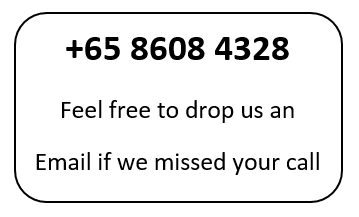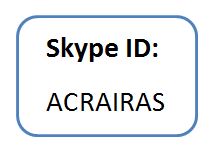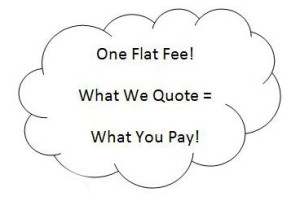Estimated Chargeable Income in Singapore
Abbreviated as ECI, what is this and who is expected to file the same? That is what we are going to find out in this article.
Estimated chargeable income is the projection of the income of a company that is taxable, based on YA, that is a Year of Assessment. Usually, ECI is arrived at after the company deducts all the expenses that are deductible. As for who should file ECI, every company in Singapore should file for it even if they estimate that their ECI is zero. Some companies are exempted, for example, those under administrative concession (this is a situation where a company is exempted from filing ECI).
When ECI is more than the actual chargeable income
Since the ECI is just that – an estimate, sometimes, companies can overestimate such they find that they have paid in excess. In that case, the excess monies are going to be refunded automatically and without much delay. However, should the ECI be found to have been lower than the actual taxable income, then the company is supposed to remit the difference within 30 days of getting the Note of Assessment from the Inland Revenue Authority of Singapore (IRAS). At times, the company could be asked to give an explanation for the discrepancy between the estimate and the actual chargeable income of the Year of Assessment.
Revenue in the ECI form
In this case, that is, in the Estimated Chargeable Income form, revenue means the main source of the company’s income and it will exclude the amount of money, if any, that is generated from the sale of fixed assets belonging to the company like land and buildings. Sometimes also known as capital gains.
Companies are expected to file their ECI within the first three months of the end of their financial years. This means the end of the financial year of the company. For example, if the financial year for your company begins on 1st July, then your financial year ends on 30th June and your company is supposed to file the estimated chargeable income by or before the end of 30 September. Of course, the sooner you do that the better because you can then be allowed to pay your tax in installments. If you file early enough, the installments will be low and if you file late, they will be high. Thus, take the advantage for filing in good time so that you pay in manageable installments.
What is going to happen if you decide not to file the ECI?
There are provisions for this too. For example, if your company is not qualified for administrative concession and you do not file the ECI in the needed time, the IRAS will go ahead and give a Notice of Assessment that will be based on their own estimate of the company’s income per year. If you agree with that NOA, then all is good. If you do not, then the IRAS will require you to submit your objection, alongside an explanation as to why your company failed to file the Estimated Chargeable Income for that financial year and your amount (revised) of the ECI.
When should you not file ECI?
If the income of your company for that financial year is less than S$1 million, you are exempt. The same applies if your ECI is nil and if you had been granted for a tax waiver
If you are still unsure about these estimated taxes with IRAS, start engaging professional tax agent firm like J Accounting Services to help with this. They do provide with corporate tax services and could assist you with the ECI preparation and filing.




